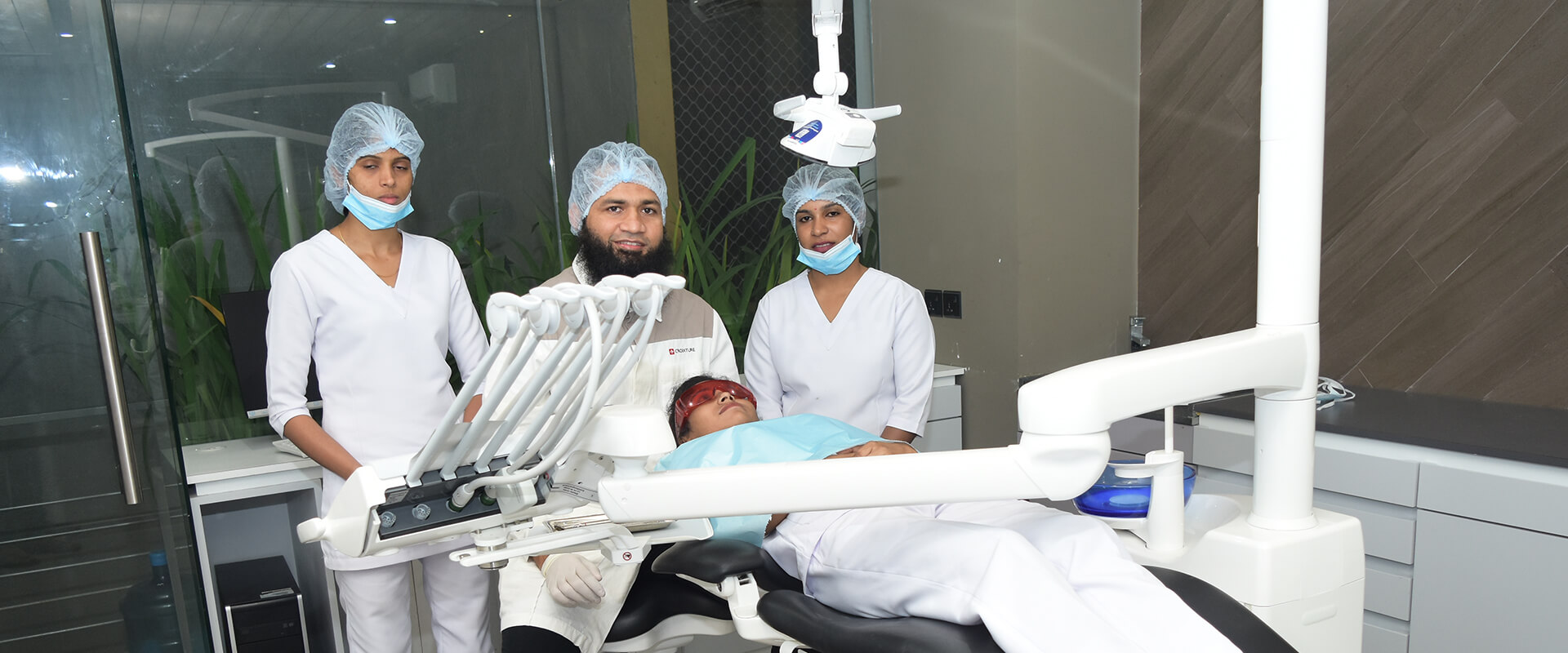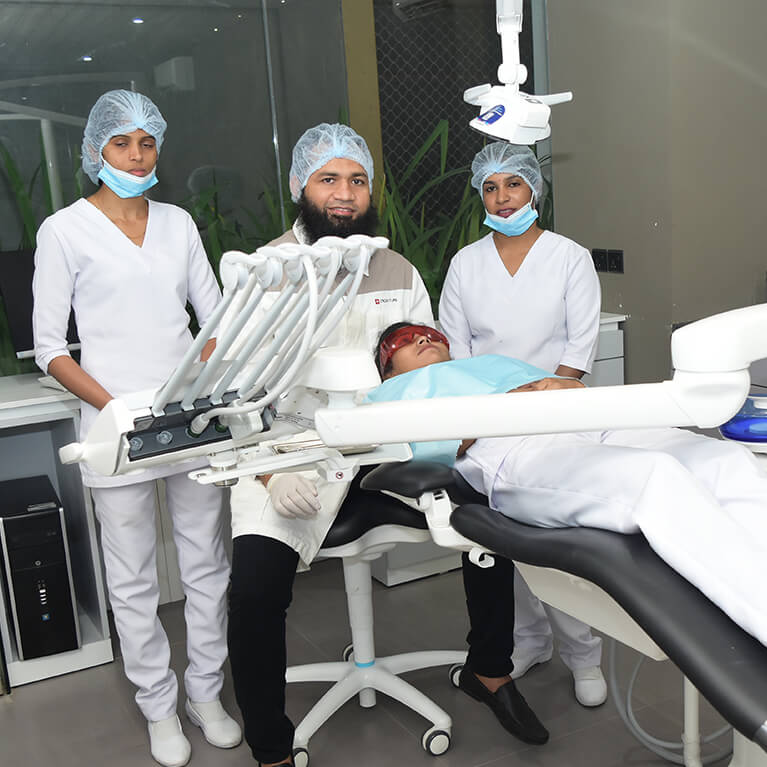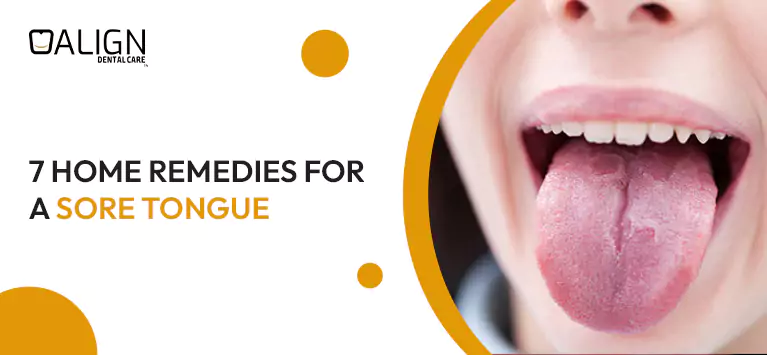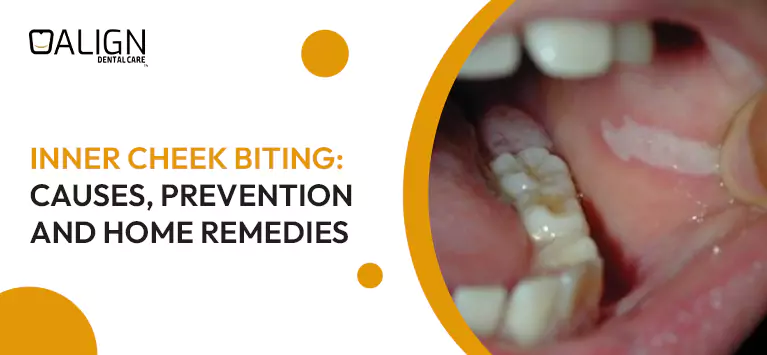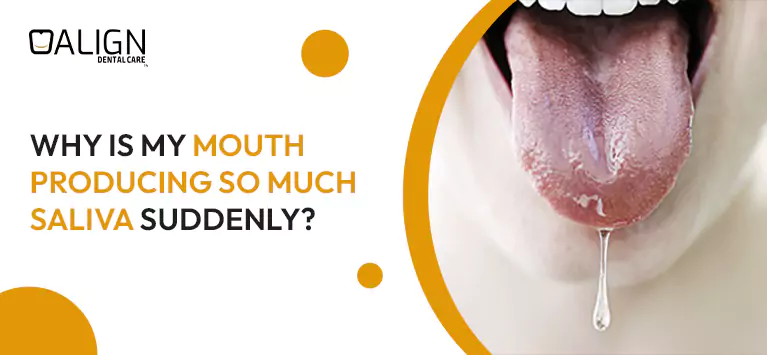
What you should know about Wisdom Teeth Swelling?
Wisdom teeth are the pre-final and final set of molars that appear in your mouth during late teens and early twenties. Wisdom teeth can cause several issues to people including pain and discomfort. Whilst, there are several issues with respect to wisdom teeth, here in this article, we will be addressing the specific issue of swelling of teeth during the onset of the wisdom teeth.
Wisdom teeth swelling can be caused by a multitude of factors:
- When they are impacted: In this scenario, the teeth is blocked by either the gums or by other teeth. This could result in inflammation, pain and damage to the neighbouring teeth. When there is a mismatch between the size of the teeth and the jaw, the impact happens.
- Infection: In some cases, the wisdom teeth will emerge naturally, but will cause infection in the neighbouring region. This results in the body fighting it back and causing the region to swell via inflammation.
One other reason, there is a very high chance of infection in the region around wisdom teeth is because, it is difficult to brush or floss near wisdom teeth(due to them being deep inside) resulting in proliferation of bacteria.
- They emerge only partially: In some cases, the wisdom teeth doesn’t completely emerge resulting in a bacterial infection. Food particles also get easily stuck when the teeth doesn’t emerge fully, causing discomfort to the individual.
- Formation of a cyst: In rare cases, there might also be the formation of a cyst or pus in the region causing swelling.
How to reduce swelling:
Here are the things you can do to assuage the swelling:
- Take over-the-counter painkillers like ibuprofen to numb the pain. Numbing gels also are a very good way to counteract the pain caused.
- Apply pressure on the affected region in the form of ice packs or by other methods.
- Gargle your mouth with salt water. This will not only provide instant relief, but can also prove to be a disinfectant against the bacteria.
- Consult a dental doctor about possible teeth extraction if the swelling persists for a long time.
- Consume soft foods, drink lots of water and avoid irritants like tobacco.
- Avoid drinking hot drinks
- Avoid chewing as much as possible by taking foods that are not crunchy
- Avoid brushing teeth close to the swelling.
- Don’t insert straws or other external items to your mouth, since they are not hygienic and may cause bacterial infection to proliferate.
Options going forward:
There is always a chance that the tooth swelling might lead to other complications in the neighbouring regions. In rare cases, there may also be formation of cysts or tumours that affect your health and raise concerns.
Your dentist may/may not recommend a surgery to remove wisdom teeth after the infection goes away depending on your medical history. The procedure is fairly simple and takes a couple of hours to get completed. Your dentist might also recommend some oral antibiotics that will help assuage the pain after the surgery.
Be careful in what you eat after the surgery since wrong choices may delay healing. In general, try to avoid brushing in the affected region for at least 18-24 hours and take foods that are liquid/semi-solid.





